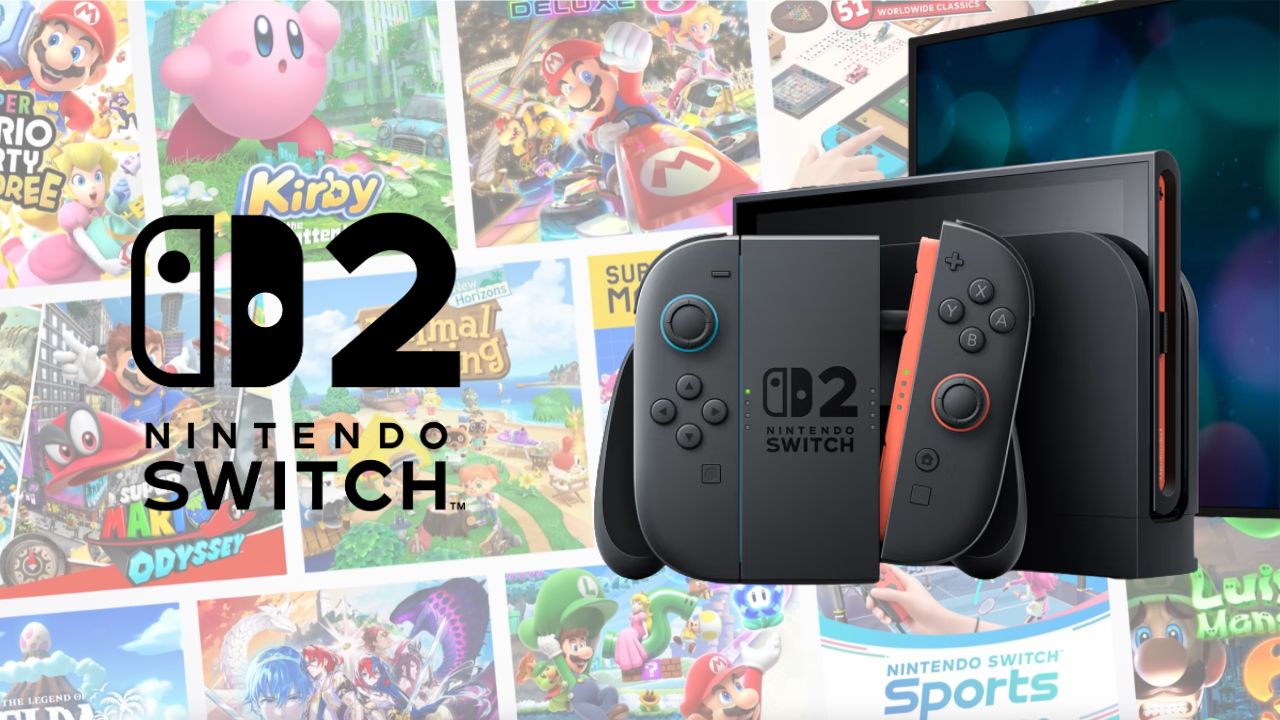Japanese video game company Nintendo has tightened the reins on users in its newly updated terms and conditions.
In an attempt to combat piracy, emulation, or other “unauthorized use,” the brand modified its Nintendo Account Agreement and Nintendo Account Privacy Policy. While all gamers with Nintendo accounts will receive an email containing policy information, a report from Game File says the brand’s License for Digital Products has undergone some changes — around 100 revisions altogether, states writer Stephen Totilo.
Previously, the agreement said users “are not allowed to lease, rent, sublicense, publish, copy, modify, adapt, translate, reverse engineer, decompile or disassemble all or any portion of the Nintendo Account Services without Nintendo’s written consent, or unless otherwise expressly permitted by applicable law.”
But U.S.-based players’ new agreement looks a little different: “You acknowledge that if you fail to comply with the foregoing restrictions Nintendo may render the Nintendo Account Services and/or the applicable Nintendo device permanently unusable in whole or in part.”
Additionally, players in the United States will see different agreements than their international counterparts.
Account holders in the United Kingdom must agree that Nintendo products are “licensed only for personal and non-commercial use” and “unauthorised use of a Digital Product may result in the Digital Product becoming unusable”.
Nintendo’s revised — and now, much longer — user agreement for gamers stateside reads:
“Without limitation, you agree that you may not (a) publish, copy, modify, reverse engineer, lease, rent, decompile, disassemble, distribute, offer for sale, or create derivative works of any portion of the Nintendo Account Services; (b) bypass, modify, decrypt, defeat, tamper with, or otherwise circumvent any of the functions or protections of the Nintendo Account Services, including through the use of any hardware or software that would cause the Nintendo Account Services to operate other than in accordance with its documentation and intended use; (c) obtain, install or use any unauthorised copies of Nintendo Account Services; or (d) exploit the Nintendo Account Services in any manner other than to use them in accordance with the applicable documentation and intended use, in each case, without Nintendo’s written consent or express authorisation, or unless otherwise expressly permitted by applicable law. You acknowledge that if you fail to comply with the foregoing restrictions Nintendo may render the Nintendo Account Services and/or the applicable Nintendo device permanently unusable in whole or in part.”
The brand hasn’t expressly defined “unusable,” but the premise that Nintendo can remotely turn consoles into paperweights is souring some consumers on the brand.
Nintendo’s controversial Switch 2 pricing already pushed some cost-conscious consumers away from pre-order lines, especially as the Trump administration’s inconsistent tariffs ebb and flow, impacting electronic device and peripheral pricing.
With the brand’s Switch 2 and Game Chat feature launching in just a few short weeks, it has also revised its Nintendo Account Privacy Policy.
With gamers’ consent, Nintendo can tune into “communication content, such as video and voice chats,” and even record and store footage and sound bites on user devices “to support a safe and family-friendly online environment and to detect violations of the Nintendo Account Agreement and other harmful or illegal interactions.”
Nintendo’s updated policy continues, saying the brand “may analyse the communication content and data transmitted and, if necessary, compare it with other data (such as the previous verification history and other Nintendo Account information of the user concerned). Under certain circumstances, Nintendo may also disclose specific information to third parties, such as authorities, courts or lawyers.”
The company will also be able to review the last three minutes of recorded content, lest they uncover “language or behaviour that may violate applicable law.”
Though the brand’s new Game Chat likely warrants updated guidelines, the revisions follow recent notable Nintendo anti-piracy legal battles.
Follow us on MSN for more content you love.
Read more:



